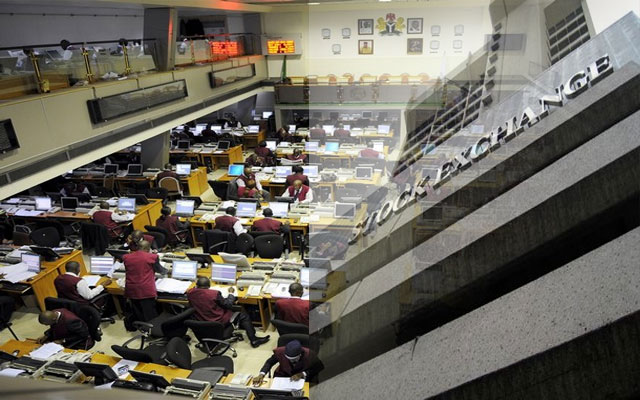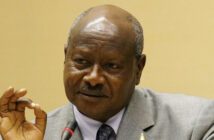The biggest sign that perhaps the Nigerian economy is on the rebound can be seen through the performance of the Nigeria Stock Exchange where capitalization has risen to N16.15 trillion, the highest in 57 years and investors gaining N2.6 trillion in a three-week sheer boom.
The signs of the bullishness have been very clear for days. The NSE All-Share Index (ASI) crossed the 43,000 mark – the first time since the market hit the nadir in 2008. The same day, market capitalization also hit a historic record high of N15.317tn – again crossing the psychological milestone of N15 trillion after nearly a decade.
The historic performance of the market is driven majorly by dollar inflows from foreign investors taking advantage of the Investors and Exporters (I&E) foreign exchange window, which has attracted N3.3 billion since the beginning of the year, as well as the relative cheapness of shares on the Exchange occasioned by the devaluation of the Naira. And also the increase in prices of crude oil in the international market.
The developments call for celebration and caution. Celebration because, apart from signalling a general improvement in the macro-economy, the overall indications are that investor confidence is returning, albeit gradually, to the market as indeed the larger economy.
Crude oil and its price, of course,e remain the proverbial elephant in the room. Its impact on the bourse is self-evident: increase in oil price means a vastly improved foreign exchange earnings and reserves– a critical determinant in the decision on whether the foreign investor plays or exits the market – whether or not he can cash out on his asset at whatever time of his choosing.
The linear relationship between Nigerian stock market and global oil price is something the managers of the economy cannot ignore. That Bloomberg, for instance, puts the 120-day correlation between Nigerian stocks and Brent crude price as around the highest in two years should ordinarily be sobering, given the potentially devastating impact of an oil price crash.
The economy is not out of the woods, no need for celebration or unnecessary chest beating. Rather, the managers of the economy must intensify efforts to bring more investors to the real sectors, boost manufacturing, job creation, give more impetus to the diversification drive and address other structural imbalances. The naira at 360 to a dollar is a weight too very heavy, the government should do much more to shore up the value of the naira. No matter the level of achievement on the economic front, without the security of lives and properties, it’s all zilch.




